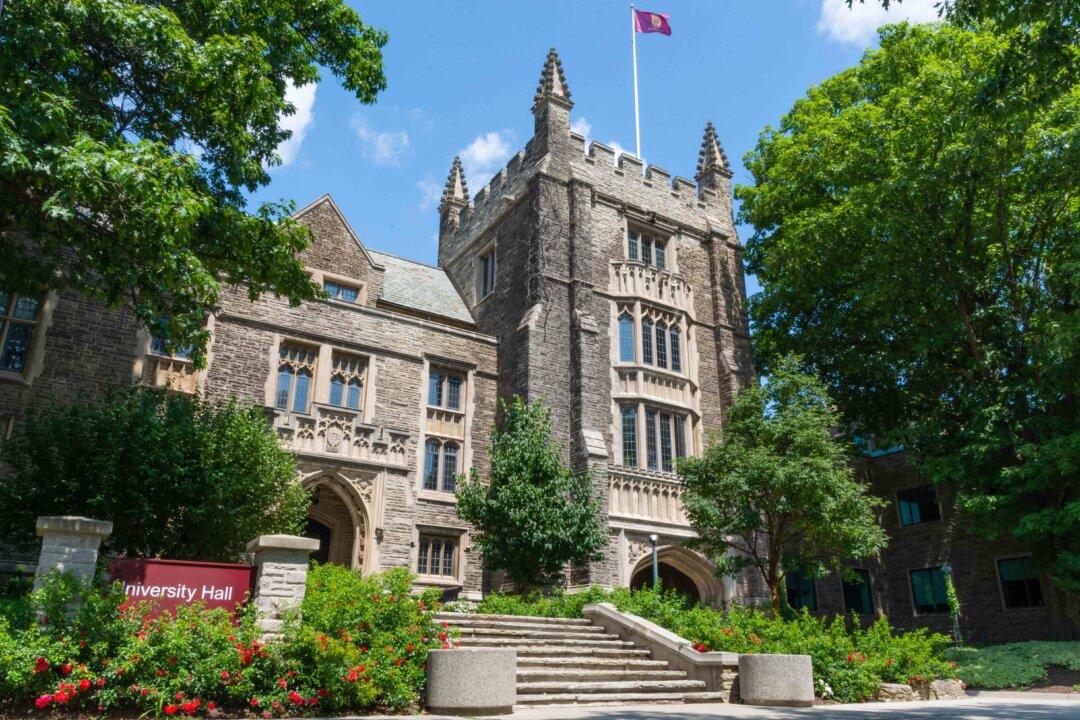Cases are beginning to make their way into the courts from legal action initiated by college and university students across Canada after their schools started imposing COVID-19 policies, particularly those including mandatory vaccination.
But the court challenges just saw a setback in late April, when an Ontario court dismissed a case filed by four students at McMaster University in Hamilton after the school denied their requests for religious exemption from its vaccine mandate.





